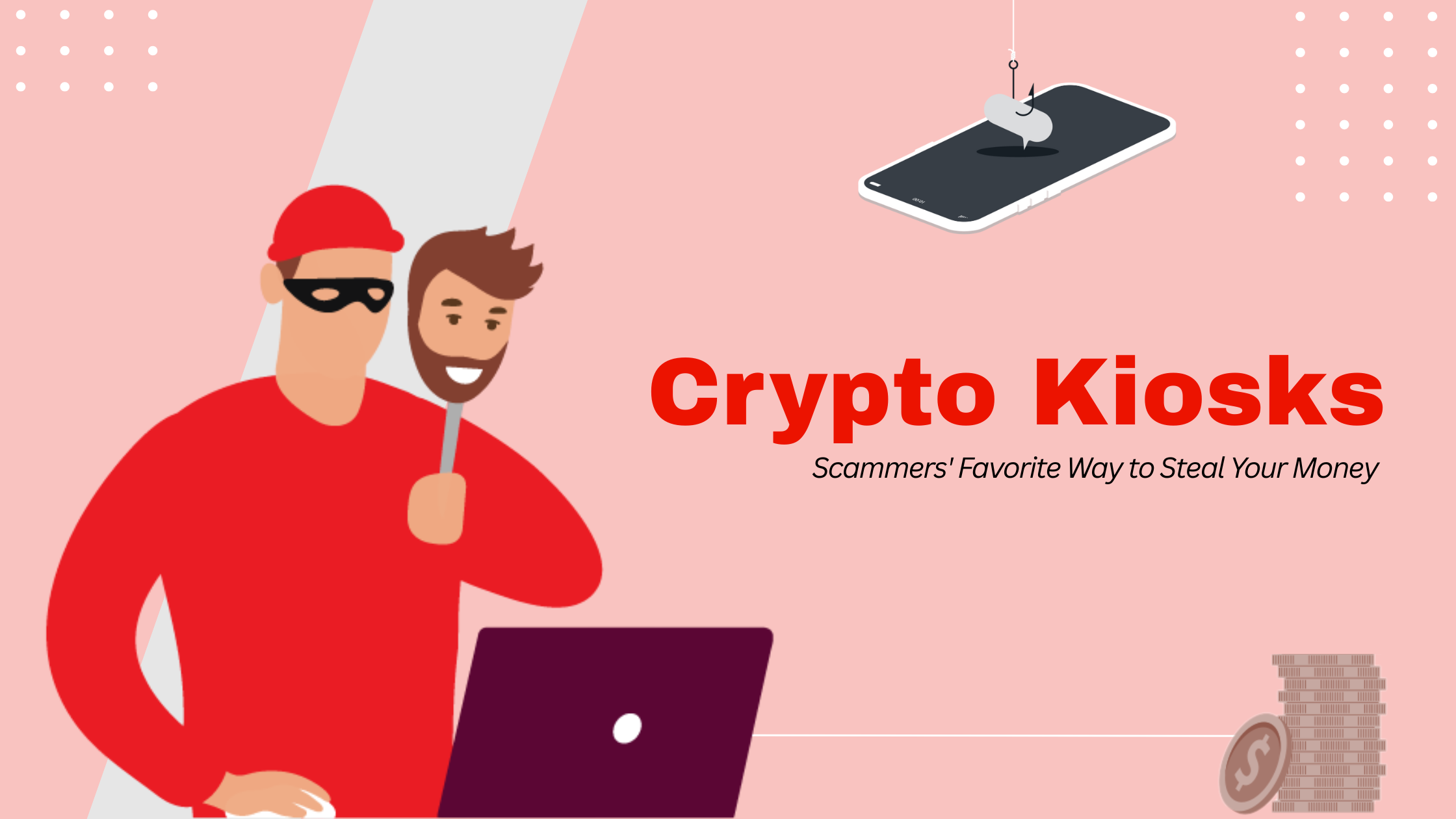AARP Hearing Center

December 2025
Fraudulent activity targeting older Americans is on the rise. Cryptocurrency kiosks, also known as “crypto ATMs,” “BTMs,” or “virtual currency kiosks,” can be found in supermarkets, convenience stores, gas stations, bars, and restaurants. There are currently over 700 cryptocurrency kiosks in Wisconsin.
Crypto kiosks look like bank ATMs and allow people to conduct legitimate cryptocurrency transactions, such as sending money to digital wallets. However, because crypto kiosks are largely unregulated at the state level compared to traditional financial institutions, like banks and other money service businesses, they lack similar fraud protections. As a result, criminals used crypto kiosks to steal over $246.7 million from Americans in 2024 alone, according to the FBI.
How Cryptocurrency Scams Work
Criminals—often impersonating government officials or businesses—
convince individuals that they must address an urgent financial matter, directing them to withdraw large amounts of cash and put that money into a crypto
kiosk. It is then transferred to a digital wallet controlled by the criminal.
A first-of-its-kind investigation into cryptocurrency kiosks by the Iowa Attorney General found that 98% of transactions from one major operator were scams, and a recent lawsuit by the Washington D.C. Attorney General found that 93% of transactions from another operator were scams.
- Cut off communication with the scammer. Do not answer or initiate any contact through text, phone call, email, social media, or any other means. Keep any copies you have of communication witht the scammers.
- Notify your financial institutions. Reach out to your bank, credit union, or credit card company to notify them of the situation. They will take action as necessary to protect your accounts. Keep an eye on your statements going forward so you can spot any suspicious activity.
- Report the scam. Reach out to local law enforcement, like the police or sheriff. You can also report scams to the Wisconsin Bureau of Consumer Protection.
- Change your passwords. Consider changing passwords for your online accounts, and be sure to use different passwords for each account. Prioritize your online accounts for your financial institutions, but be sure to consider things like your email and major retailers as well.
- Protect your credit. Depending on the information compromised, you could consider either a fraud alert or a credit freeze. Learn more.
Remember that scams are crimes perpetrated by organized crime rings. They can happen to anyone, regardless of age, race, gender, or socioeconomic status.
Wisconsin Needs a Law to Deter Criminals From Using Crypto Kiosks to Steal from Wisconsinites
To date, 17 states have passed laws to protect consumers from crypto kiosk scams, including neighboring states like Minnesota, Illinois and Iowa. If Wisconsin doesn’t do the same, criminals will take advantage and send victims to the machines here.
AARP Wisconsin is asking lawmakers to introduce a bill that:
- Limits daily transactions to $2,000 per user or less to make these machines less attractive to criminals
- Caps the fees or exchange rates charged by kiosk operators
- Requires kiosk operators to refund scam victims
- Ensures kiosk users get a receipt for all transactions so law enforcement can investigate scams































































